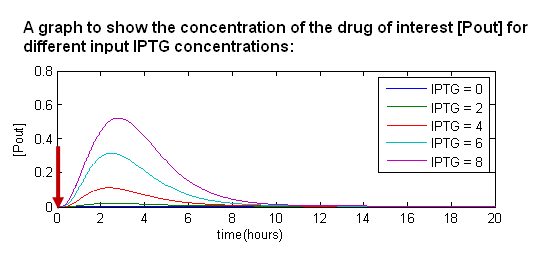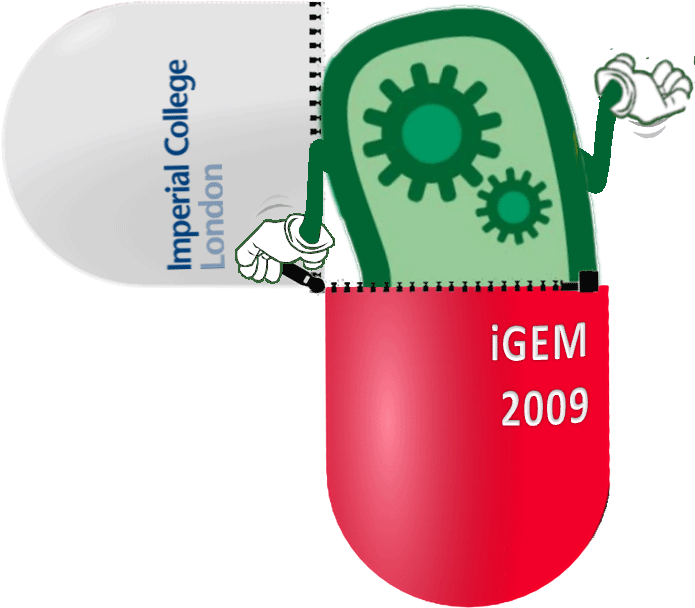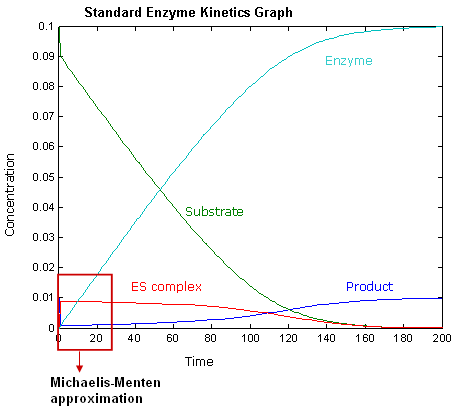Team:Imperial College London/Summary
From 2009.igem.org

Contents |
Summary
Many thanks for taking part in the tour of our project. Feel free to browse through the sections of our project in more depth, using the sidetabs on the left or the images below.
Achievements
Here is a summary of the achievements of the Imperial College 2009 team:
- Submitted 20 documented parts to the Registry.
- Improved the characterisation of the [http://partsregistry.org/wiki/index.php?title=Part:BBa_K200022 BBa_K098995 thermosensitive promoter] by successfully testing with GFP.
- Submitted new coding regions for 2 enzymes, [http://partsregistry.org/wiki/index.php?title=Part:BBa_K200008 PAH] and [http://partsregistry.org/wiki/index.php?title=Part:BBa_K200007 cellulase], as well as a pentapeptide, [http://partsregistry.org/wiki/index.php?title=Part:BBa_K200013 opiorphin].
- Designed new BioBricks using those genes coding for encapsulation of the cell.
- Functional BioBrick [http://partsregistry.org/wiki/index.php?title=Part:BBa_K200022 BBa_K200022] characterised, and results uploaded onto registry page.
- Explored the current Ethical Issues in Synthetic Biology, as well as those specific to our project.
- Helped the iGEM newcomers UCL by sending them a plate of Registry DNA kit plate from 2007.
- Took part in the Valencia ethics survey, and became the first team to win the Valencia Ethics gold medal.
- Explored the Manufacturing Considerations that we thought important to manufacture The E.ncapsulator as a viable product.
- Investigated the Safety Implications of the project as a whole.
Major Results
This page contains highlights of our major results and simulations. It is by no means complete. However, more results will be presented at the jamboree.
Simulations: Chemoinduction for Module 1
Our [| simulation results] indicate that increasing input amounts of IPTG result in a greater yield of polypeptide drug of interest
We did an experiment to study how different input concentrations of IPTG affect cell growth, and concluded that IPTG has no significant effect on cell growth within the ranges we are using(IPTG growth curves). Therefore, we can conclude that increasing IPTG concentration initially will have a positive contribution to our dosage.

<b>Note 1: Results from these simulations were to be tied up with data from our LacI-RFP testing construct (See our part K200019. Unluckily, this part of the construct was not sent correcty from the registry, so testing again was not possible before the wiki-freeze deadline.
Note 2: Parameters used in the system are arbitrary. For a justification see the system stability analysis.
Experimental: Module 2 - Encapsulation growth curves
Dependent on lab results today
Experimental: Autoinduction - Diauxic growth curve and CRP GFP
Here we can pick a diauxic growth curve and compare directly to a simulation
Simulations: Module 1 - Enzyme kinetics and dosage control
Many polypeptides of interest are enzymes. This means that detecting how much drug has been produced requires knowledge about their interaction with their respective substrates in the enzymatic assays. Here we assumed that enzymatic activity follows Michaelis-Menten kinetics [1-3]. This means that we can directly relate enzymatic activity to the required dosage for successful administration of the polypeptide of interest.
Dosage Calculations:
//upload summary and complete pdf file.
Experimental: Module 3 - Thermoinducible promoter
Need Matthieu's latest processed data
Conclusion
Need some inspiration here guys!





 "
"





